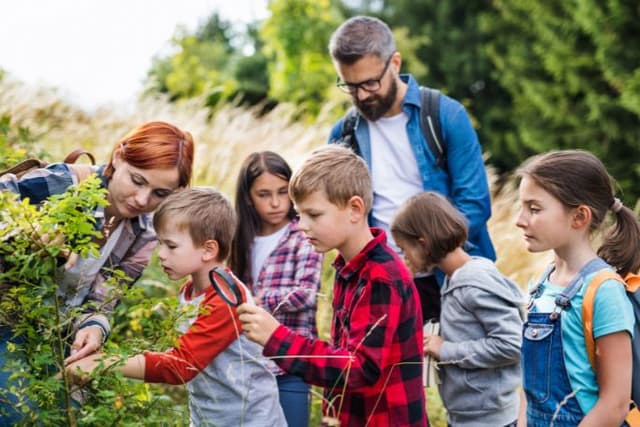
Resilient Australia - How Can I Help as a Citizen Scientist?
Lesson16 of 18 in this unit
PrimaryYear 6ScienceEnvironmentalDisaster resilienceEconomicDesign ThinkingIndustry, Innovation and Infrastructure
Summary
Lesson Guides and Printables
Lesson Plan

Student Worksheet

Teacher Content Info
